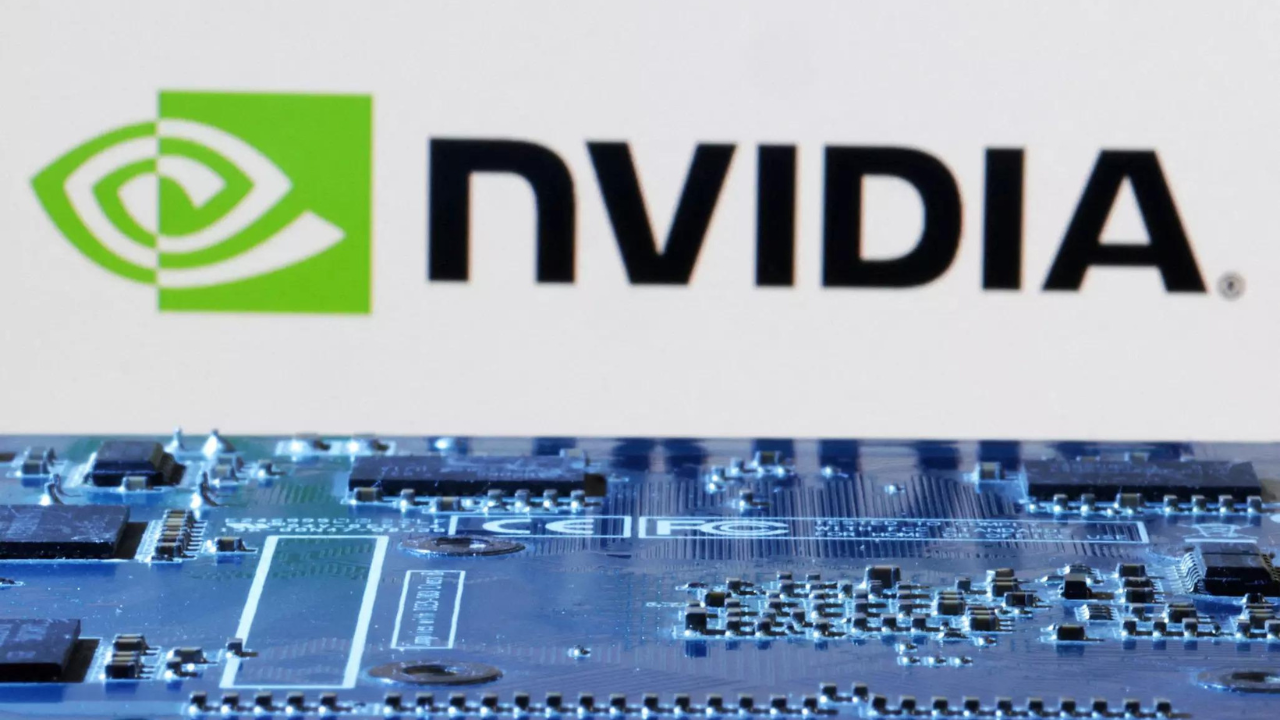The regulators in the European Union have been examining potential market risks by business practices by tech companies for some time now. With the boom in AI technology space and implementation of new laws, the scrutiny has increased with Nvidia becoming the latest company to be warned by the European watchdogs.
According to a report by Bloomberg, Margrethe Vestager, the European Commissioner for Competition, has warned that the supply of Nvidia’s in-demand AI chips is a “major bottleneck,” but regulatory authorities are yet to decide whether to take action or what action to take.
“We have been asking them questions, but this is just preliminary,” she said during her trip to Singapore recently. So far, this does not “qualify as regulatory action.”
Vestager suggested that despite the supply constraints, the secondary market for AI chip supply may help stimulate innovation and fair competition, while mentioning that dominant companies in the future may face certain behavioural restrictions.
“If you have this kind of dominant position in the market, there are things that small companies can do that you cannot do,” she said.
“But other than that, as long as you do what you should do and respect it, there is no problem,” she added.
Nvidia’s growth boosted by AI chip demand
Nvidia has arguably become the biggest beneficiary of the AI spending boom, attracting the attention of regulatory authorities. Its GPUs are being favoured by data centre operators including Google, Microsoft, Meta, and others for their ability to process massive amounts of data needed to train AI models.
Bloomberg says that Nvidia’s H100 processor is estimated to have helped the company capture over 80% of the market share, surpassing competitors like Intel and Advanced Micro Devices Inc.
According to a report by Bloomberg, Margrethe Vestager, the European Commissioner for Competition, has warned that the supply of Nvidia’s in-demand AI chips is a “major bottleneck,” but regulatory authorities are yet to decide whether to take action or what action to take.
“We have been asking them questions, but this is just preliminary,” she said during her trip to Singapore recently. So far, this does not “qualify as regulatory action.”
Vestager suggested that despite the supply constraints, the secondary market for AI chip supply may help stimulate innovation and fair competition, while mentioning that dominant companies in the future may face certain behavioural restrictions.
“If you have this kind of dominant position in the market, there are things that small companies can do that you cannot do,” she said.
“But other than that, as long as you do what you should do and respect it, there is no problem,” she added.
Nvidia’s growth boosted by AI chip demand
Nvidia has arguably become the biggest beneficiary of the AI spending boom, attracting the attention of regulatory authorities. Its GPUs are being favoured by data centre operators including Google, Microsoft, Meta, and others for their ability to process massive amounts of data needed to train AI models.
Bloomberg says that Nvidia’s H100 processor is estimated to have helped the company capture over 80% of the market share, surpassing competitors like Intel and Advanced Micro Devices Inc.

